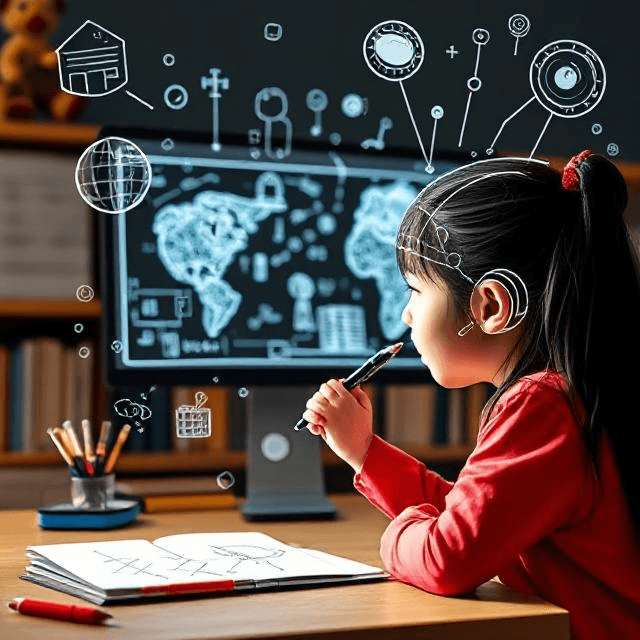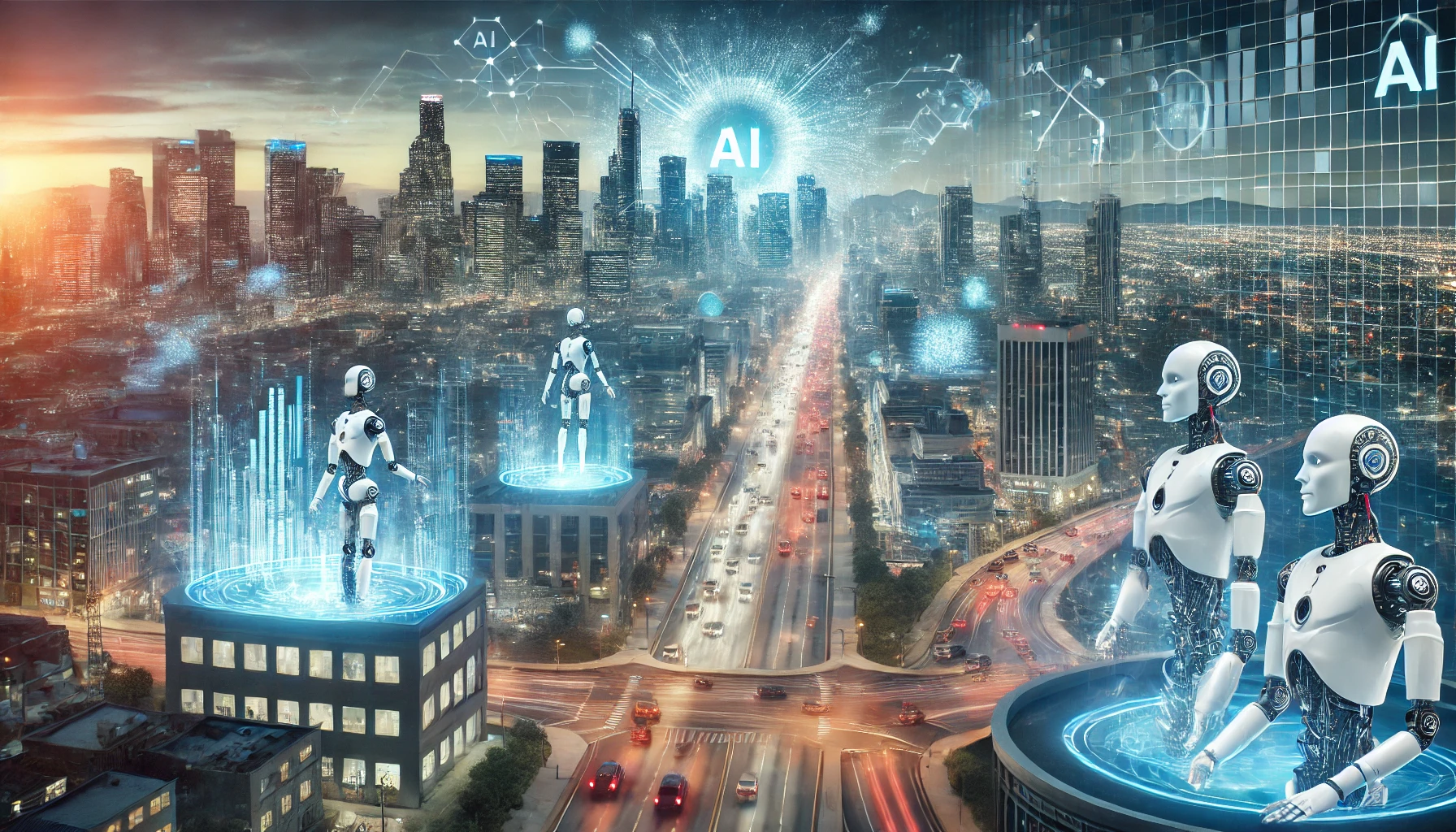How AI is Revolutionizing Education in 2023: The Future of Learning

How AI is Revolutionizing Education in 2023: The Future of Learning
In 2023, artificial intelligence (AI) is no longer just a buzzword—it’s a transformative force reshaping industries across the globe. One of the most exciting areas where AI is making waves is education. From personalized learning experiences to AI-powered tutoring systems, the future of education is here, and it’s powered by intelligent machines. Let’s dive into how AI is revolutionizing the way we teach and learn.
1. Personalized Learning: Tailoring Education to Individual Needs
One of the biggest challenges in traditional education systems is the “one-size-fits-all” approach. Every student learns differently, and what works for one may not work for another. Enter AI-powered personalized learning platforms. These tools use data analytics and machine learning algorithms to assess a student’s strengths, weaknesses, and learning preferences. Based on this information, they create customized lesson plans that adapt in real-time as the student progresses.
For example, platforms like Knewton and DreamBox are already helping students achieve better outcomes by delivering content tailored to their unique needs. This ensures that no student gets left behind, and every learner can progress at their own pace.
2. AI-Powered Tutoring: Your Virtual Study Buddy
Imagine having a tutor available 24/7, ready to answer your questions and guide you through complex topics. That’s exactly what AI-powered tutoring systems offer. Tools like Khanmigo (developed by Khan Academy) and Socratic use natural language processing (NLP) to understand students’ queries and provide step-by-step explanations.
These virtual tutors aren’t just about answering questions—they’re designed to foster critical thinking and problem-solving skills. They encourage students to explore concepts deeply, rather than simply memorizing answers. For busy students juggling school, extracurriculars, and personal commitments, AI-powered tutoring is a game-changer.
3. Automating Administrative Tasks: Giving Teachers More Time to Teach
Teachers often spend countless hours grading assignments, managing attendance records, and preparing lesson plans. AI tools are stepping in to automate these repetitive tasks, freeing up educators to focus on what they do best—teaching.
For instance, platforms like Gradescope use AI to grade assignments and exams quickly and accurately. Similarly, Edmodo and Google Classroom integrate AI-driven features to streamline classroom management and communication. By reducing administrative burdens, AI allows teachers to dedicate more time to engaging with students and fostering meaningful learning experiences.
4. Bridging the Education Gap: Making Learning Accessible to All
AI is also playing a crucial role in democratizing education. In many parts of the world, access to quality education remains a challenge due to geographic, economic, or social barriers. AI-powered tools are breaking down these barriers by providing affordable, scalable, and accessible learning solutions.
For example, language translation apps powered by AI, such as DeepL and Google Translate , are enabling students from non-English-speaking backgrounds to access global educational resources. Additionally, AI-driven speech recognition tools are helping students with disabilities overcome communication challenges, ensuring that everyone has an equal opportunity to succeed.
5. Ethical Considerations: Striking the Right Balance
While AI offers immense potential in education, it’s important to address ethical concerns. Issues like data privacy, algorithmic bias, and over-reliance on technology need to be carefully managed. Educators and policymakers must work together to ensure that AI tools are used responsibly and equitably.
By fostering transparency and accountability, we can harness the power of AI while safeguarding the interests of students and educators alike.
Conclusion: Embracing the Future of Education
The integration of AI in education is not just a trend—it’s a paradigm shift. As we move further into 2023, the adoption of AI-powered tools will continue to redefine how we teach and learn. From personalized learning paths to virtual tutoring systems, AI is empowering both educators and students to achieve their full potential.
If you’re an educator, student, or parent, now is the time to embrace these innovations and prepare for the future of education. The possibilities are endless, and the impact is profound. Are you ready to join the AI-driven revolution in education?





yejkglokhmmlvgeyomespghpilfytv